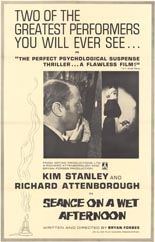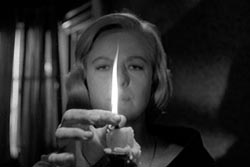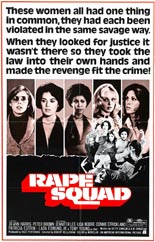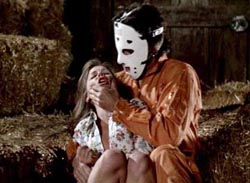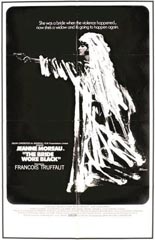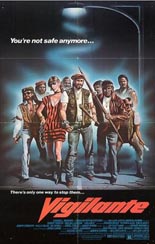
 Smack-dab in the age of AIDS, crack, Bernie Goetz (but one year before the latter inadvertently shot his way to fame), William Lustig’s Vigilante played with and preyed upon (white) Americans’ fear of becoming a victim of violence, especially in the big, bad (and minority-teeming) city. Naturally, no setting embodies that idea of a felonious metropolis more than New York City — if it can happen there, it can happen anywhere — and Vigilante is quick to claim the rotting Apple as its home.
Smack-dab in the age of AIDS, crack, Bernie Goetz (but one year before the latter inadvertently shot his way to fame), William Lustig’s Vigilante played with and preyed upon (white) Americans’ fear of becoming a victim of violence, especially in the big, bad (and minority-teeming) city. Naturally, no setting embodies that idea of a felonious metropolis more than New York City — if it can happen there, it can happen anywhere — and Vigilante is quick to claim the rotting Apple as its home.
In the precredit scene, the pissed-off Nick (Fred Williamson, Original Gangstas) tells his neighbors — and, by extension, the audience — all we need to know: The neighborhood has gone to shit and they’re not going to take this anymore. The cops have their hands full, so he rallies his fellow man by referencing their situation as “our Waterloo, baby! Take it back, dig it?” If they don’t, they soon will.
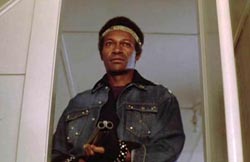 That’s because the so-called Headhunter gang terrorizing their ’hood hunt the heads of the wife and toddler son of Nick’s pal Eddie Marino (Robert Forster, Jackie Brown). Mrs. Marino (Rutanya Alda, Amityville II: The Possession) survives her brutal attack, but the little tyke is not so lucky, having a shotgun blast tear through his tiny body (thankfully offscreen — perhaps the only time the Maniac Lustig has held back in his directorial career). When an on-the-take judge gives the Headhunter leader (musician Willie Colón) a measly two-year sentence — suspended at that! — Eddie goes loco in the courtroom, ironically landing himself in jail.
That’s because the so-called Headhunter gang terrorizing their ’hood hunt the heads of the wife and toddler son of Nick’s pal Eddie Marino (Robert Forster, Jackie Brown). Mrs. Marino (Rutanya Alda, Amityville II: The Possession) survives her brutal attack, but the little tyke is not so lucky, having a shotgun blast tear through his tiny body (thankfully offscreen — perhaps the only time the Maniac Lustig has held back in his directorial career). When an on-the-take judge gives the Headhunter leader (musician Willie Colón) a measly two-year sentence — suspended at that! — Eddie goes loco in the courtroom, ironically landing himself in jail.
As behind-bars Eddie is saved from shower rape and other misdeeds by his prison mentor (Woody Strode, Once Upon a Time in the West), Nick and pals do some hunting of their own. Eventually, these two story halves converge, but Lustig keeps them apart for so long, Forster doesn’t feel like the star of his own film. In all, the movie makes ill use of the actor, who’s more dynamic than allowed, which keeps Vigilante from being as cathartic as one would like, yet appropriately grim. —Rod Lott

